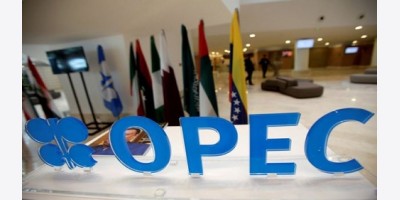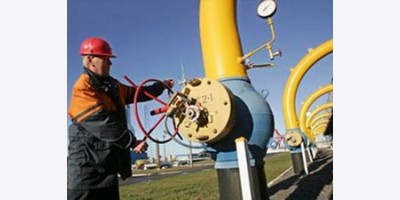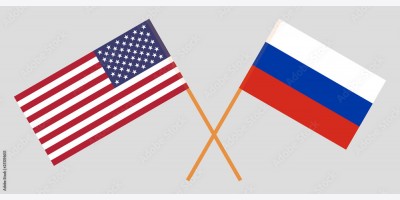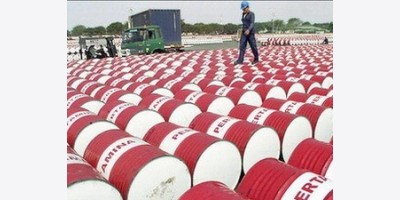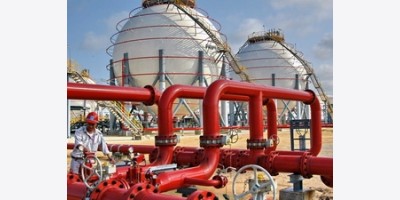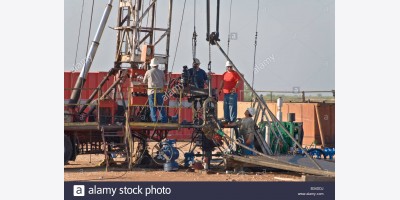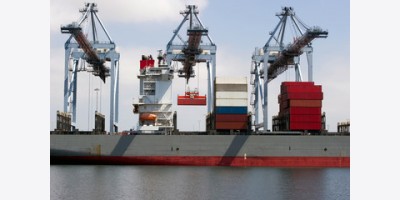On 20 February, Chinese President Xi Jinping, hosting Senegalese visiting President Macky Sall in Beijing said, "In 2013, Chinese-African trade surpassed $200 billion for the first time, making China Africa's biggest trading partner. That all stands witness to the endlessly renewed vitality of Sino-African friendship, to the scale of the potential for cooperation and the excellent outlook for the new kind of Sino-African strategic partnership." Xi added that that Chinese direct investment in Africa grew 44 percent.
Highlighting Africa’s importance to the Chinese leadership, after Xi became president in March 2013 he visited Tanzania, South Africa and the Republic of Congo as part of his first overseas tour.
The growth in bilateral trade has been dynamic. While in 1995 China’s trade with Africa was $6 billion, in 2010 it exceeded $130 billion. According to estimates of the South African Standard Bank, by 2015 Chinese foreign direct investments (FDI) into African nations will reach $50 billion. China is today receiving 28 percent of its oil imports from Africa, a figure that will grow in the future.
China has also acquired great political clout in Africa. Not only is it free of the colonialist baggage of the European powers, it does not subject African political leadership to harangues about human rights like Washington. On a grassroots level, again unlike the U.S. and European nations, along with its business interests it is building infrastructure, such as roads, railroads and schools, much appreciated by the local populace.
This presence gave the International Monetary Fund, headquartered in and dominated by Washington, a significant rebuff at the end of 2008, when, having spent several years discussing a loan agreement with Angola’s government, immediately prior to its signing IMF officials learned that Angola had already received a low interest $2 billion Chinese long-term loan and subsequently no longer needed IMF money. Similar things happened later in Chad, Nigeria, Sudan, Ethiopia, and Uganda.
To be sure there have been setbacks, most notably in Libya, where when NATO’s military operations began early 2011 they threatened China’s fiscal interests. According to information from China’s Ministry of Trade, by March, when the military operation began, there were 75 major Chinese companies operating in Libya, and they had concluded $18 billion in contracts. All that investment disappeared with Gadhaffi’s overthrow.
Another debacle occurred when Sudan fractured into two states – Sudan and South Sudan on 9 July 2011. China had become heavily engaged in Sudan’s oil industry, in just over a decade investing $20 billion in Sudan, nearly all in its petrochemical industry and as a result China was estimated to import 55 - 60 percent of Sudan's oil. Highlighting the importance of Khartoum to China despite the odiousness of its government (Sudanese President Omer Hassan al-Bashir has the dolorous distinction of being the first serving head of state to be charged by the International Criminal Court on ten counts of war crimes, crimes against humanity and genocide he allegedly oversaw in Sudan’s western Darfur region since civil war broke out there in 2003), al-Bashir made an official state visit to China on 28-30 June, less than two weeks before South Sudan’s independence, where he received the red-carpet treatment and met then President Hu Jintao, strengthening ties with its most important trading partner and leaving China studiously silent on recent events in Sudan. On South Sudan however, on 26 February Chinese Foreign Ministry spokesman Hua Chunying a daily news briefing urged South Sudan's pro-government and opposition forces to cease fire and resolve their disputes peacefully, telling reporters, "We are gravely concerned about the military conflict and casualties in South Sudan.”
Still despite such minor hiccups, Chinese-African trade will undoubtedly continue to grow, if for no other reason than the Chinese government is estimated to maintain over 150 commercial attachés and associated staff at its embassies in 48 African countries. Highlighting Africa’s importance to China, in 2013 Xi Jinping visited three African countries including Tanzania.
And China now has the Forum on China-Africa Cooperation (FOCAC) as a mechanism with Africa to strengthen collective dialogue and practical cooperation.
For the foreseeable future, energy is likely to remain the China’s predominant African import. In 2011, about 62 percent of African exports to China consisted of crude oil, with over $24.7 billion coming from Angola alone, now the source of over 9 percent of China’s oil imports.
Little wonder then that Xi spoke of the “endlessly renewed vitality of Sino-African friendship.”
By Oilprice.com













